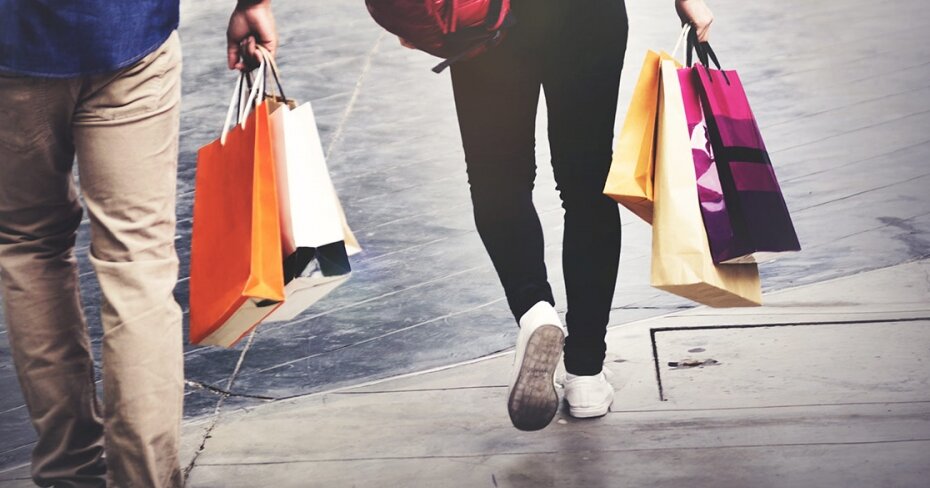Watch your spending: how rewards cards can psychologically drive you to buy more
By: Danielle Kubes on January 31, 2017
I’m piling the packages of PC Brand Frozen strawberries into my cart — I get an extra 800 points for every $4. Then I make my way to aisle 10 to haul in a giant bag of flour and then over to aisle 12 for six cases of Fresca.
I’m trying hard to spend $125. My normal bill is only around $80, but if I stretch myself a bit more this week, I’ll get an extra 12,500 PC Points; the equivalent to $12.50 in free groceries. It makes sense to load up on all the staples this week (and yes, Fresca to me is a staple).
Or does it?
Sumit Agarwal, professor of finance at Georgetown University, studies reward credit cards and his research strongly suggests that they rarely work out in the consumer’s favour.
He found that when consumers got a 1% cash-back credit card, their spending increased by $79 a month and their debt increased by $191 a month. In one year, consumers only redeemed an average of $25.
“We understand immediate reward, not long-term cost,” Agarwal says.
That little rush we get when we feel we’re getting a deal, is exactly what credit card companies want you to feel.
“The lure of free flights, cash-back, free stuff and more perks is irresistible to many. Who doesn’t like getting something for free?” Steve Bridge, a money coach from Money Coaches Canada, writes in an email. “We justify the purchase, even if we can’t afford it, because we are getting something back for free.”
But when you do the math, how often does it work out that you are coming ahead?
Definitely not if you owe any money.
When consumers got a 1% cash-back credit card, their spending increased by $79 a month and their debt increased by $191 a month
“The one that seems ironic to me is running up the balance on their cash-back rewards card and then carrying a balance. You might get $1,000 a year in rewards,” writes Bridge “But you are paying $3,000 in interest for this $1,000!”
I know what you’re thinking — that this doesn’t apply to you. That you are winning: not carrying a balance, using your highest reward card exclusively for all your purchases and racking up the points.
Are you so sure about that, though? It’s unlikely that the incentive isn’t affecting your fiscal behaviours in smaller, more insidious ways.
“Even the best intentioned consumer can get fooled,” Agarwal says.
He says even he is susceptible.
Agarwal would choose a restaurant, for example, just because his card offered 2% cash back if he ate there.
“But, I might have been better off going somewhere else. I might have wanted different food, or I might have spent less money than the 2% I got back,” he says. “To obtain the 2%, I was spending more and getting an inferior product.”
When you do the math, how often does it work out that you are coming ahead?
Look at me. It’s easy to reflect on how my President’s Choice MasterCard affects my grocery shopping habits. Even if Metro and Sobeys are more convenient or have food I want, I’ll go out of my way to shop at a Weston-family owned store.
Sometimes, I buy more of a certain product to get more points, even if I wasn’t planning to. And when I do put large purchases on my credit card, I am soothed by the thought that “well, at least I’ll get points.”
But where would I shop and what would I buy if nothing was motivating me beyond my own needs and the cash in the bank? When those of us who are hyper-aware of our finances are losing at this game, what happens to the average consumer?
There’s a better way to get cash-back: put your credit card back in your wallet.


432e.jpg)